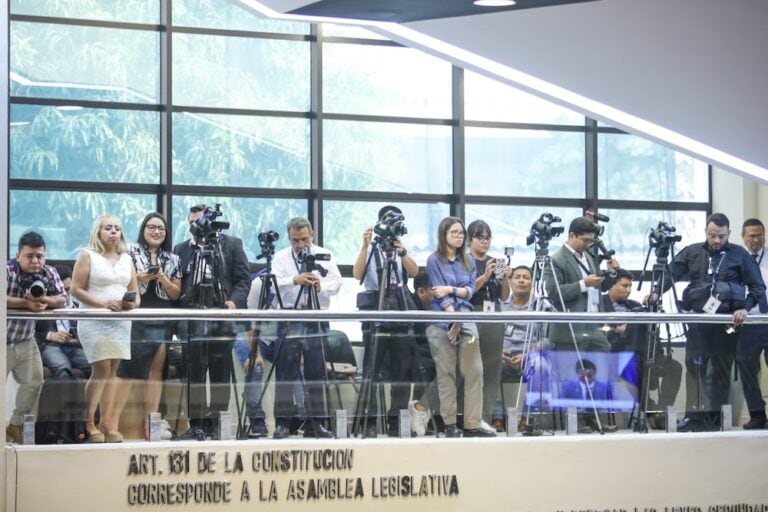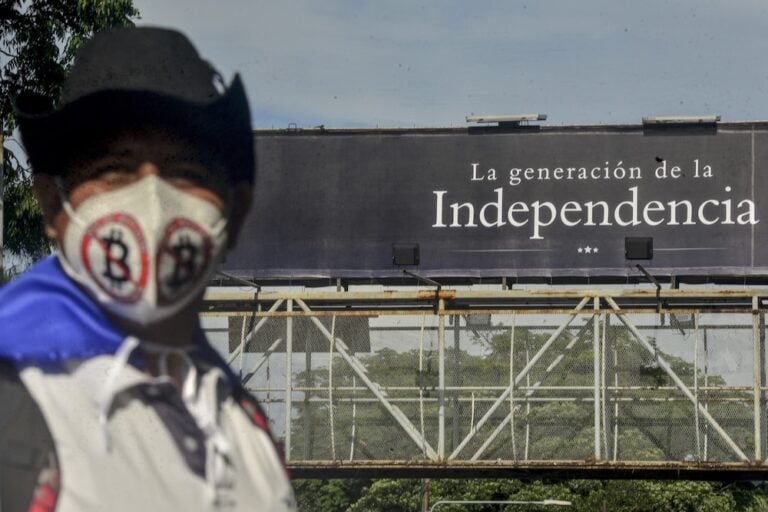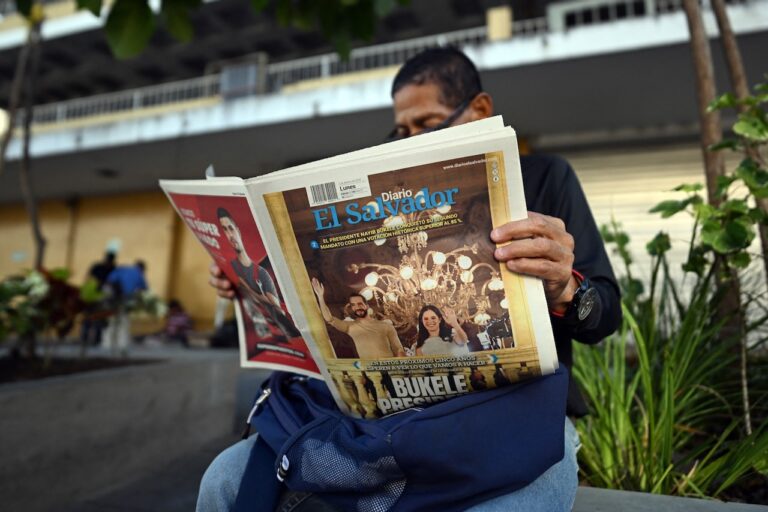(IAPA/IFEX) – The following is a 1 November 2004 IAPA press release: IAPA pleased over reforms in El Salvador on protection of sources for journalists Miami (November 1, 2004) – The Inter American Press Association (IAPA) expressed its approval of a recent reform in the El Salvadoran Code of Criminal Procedure that protects journalists from […]
(IAPA/IFEX) – The following is a 1 November 2004 IAPA press release:
IAPA pleased over reforms in El Salvador on protection of sources for journalists
Miami (November 1, 2004) – The Inter American Press Association (IAPA) expressed its approval of a recent reform in the El Salvadoran Code of Criminal Procedure that protects journalists from having to reveal their sources when ordered to testify in court proceedings.
The new IAPA president, Alejandro Miró Quesada, whose term began at the institution’s General Assembly last week in Antigua, Guatemala, stated that this reform “represents progress for press freedom in El Salvador, since it recognizes the protection of sources for journalists, a long time aim of the IAPA as outlined in Article 3 of the Declaration of Chapultepec.”
Miró Quesada, publisher of El Comercio newspaper in Lima, Peru, mentioned that El Salvadoran President Antonio Elías Saca was applauded by IAPA members during the inauguration of the Assembly when he stressed that “the journalist’s right to protect his or her sources must be respected.”
The IAPA Assembly last Tuesday approved a resolution that asked “Congress to amend the Code of Criminal Procedure to include journalists in the category of those professions exempt from having to testify.” The request came following the report on freedom of the press on this Central American country that referred to pressure against Salvadoran journalists from judges and magistrates to reveal their sources and mentioned 10 cases in the last few months.
The Congressional reform of the Code of Criminal Procedure was presented last Thursday, and among other items, safeguards the journalists’ rights to keep private their sources of information.
The chairman of the IAPA’s Committee on Freedom of the Press and Information, Gonzalo Marroquín, said that “this decision in particular guarantees that journalists can work more freely in reporting and denouncing corruption without fear of confronting obstacles in their profession.”
Marroquín, editor of Prensa Libre newspaper in Guatemala, succeeded Rafael Molina from El Nacional newspaper in Santo Domingo, who served as chairman of the Committee on Freedom of the Press and Information for five years and was elected Second Vice President at the IAPA Assembly.


